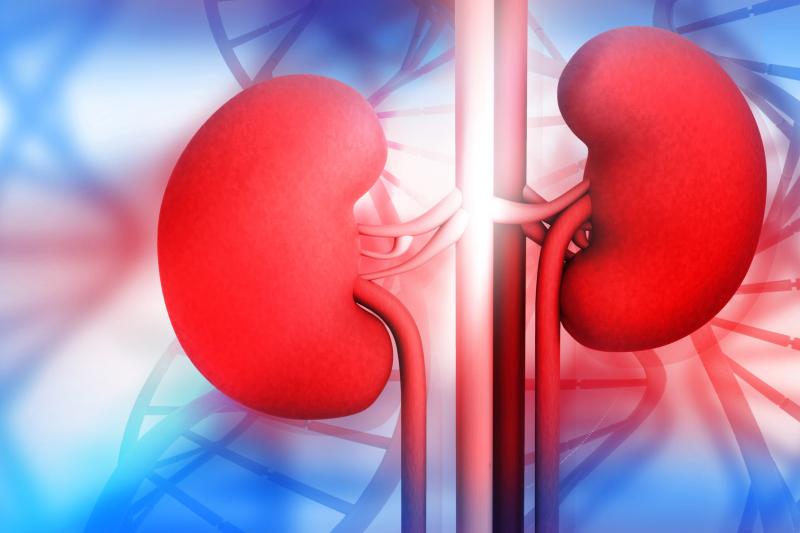 The rise in CKD patients is a worrying trend and both the public and politicians should be mindful about it
The rise in CKD patients is a worrying trend and both the public and politicians should be mindful about itCirrhotic survivors of acute kidney injury (AKI) are likely to develop chronic kidney disease (CKD), which, in turn, worsens outcomes, a recent study has found.
The study included 409 patients admitted for cirrhosis complications. Most (n=241; mean age, 60±12 years; 61 percent male) were without AKI, while 168 (mean age, 60±10 years; 81 percent male) had the condition. The endpoint was CKD development, defined as an estimated glomerular filtration rate (eGFR) of <60 mL/min/1.73 m2 3 months after AKI diagnosis.
In the AKI group, 97 were available for follow-up at 3 months; the other 58 had died, eight had received transplants and five were lost to attrition. In the remaining AKI patients, 25 percent (n=24) were diagnosed with CKD, with a median eGFR of 47 mL/min/1.73 m2. The remaining 73 were free of the chronic condition.
In comparison, only 1 percent (n=2) of the remaining non-AKI comparison group developed CKD over the same time span. This resulted in a significantly greater risk estimate for AKI patients (odds ratio [OR], 31, 95 percent confidence interval [CI], 7–133; p<0.0001).
Multivariate analysis further confirmed the significant effect of nosocomial AKI (OR, 5.1, 95 percent CI, 1.7–15.2; p=0.003), as well as AKI stage 1B or greater (OR, 6.0, 95 percent CI, 1.7–21.2; p=0.005) on the risk of developing CKD.
In turn, the researchers found that CKD significantly increased the frequency of AKI episodes in the subsequent follow-up, as well as the incidence of bacterial infections, portal hypertension-related bleeding and hospital readmissions.